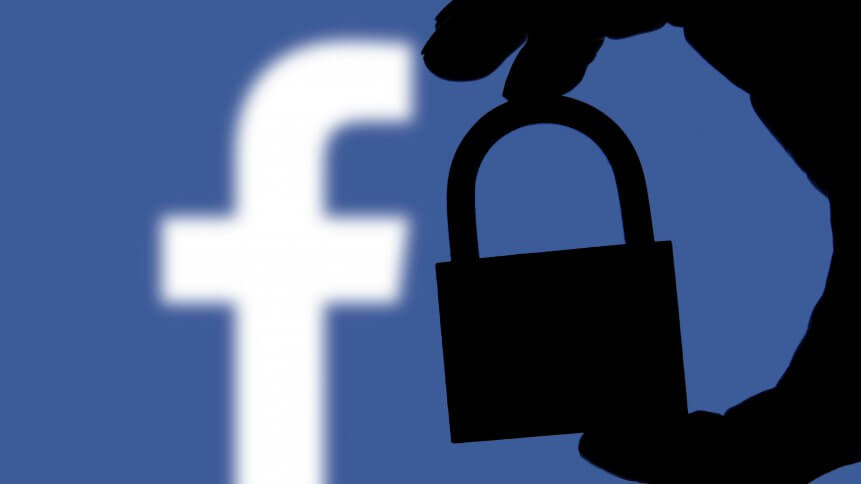The problem with the Facebook Clear History tool

Last year, to limit the damage caused to Facebook by the Cambridge Analytica revelations, Mark Zuckerberg promised users they would be able to clear their browsing history on Facebook: “what you’ve clicked on, websites you’ve visited and so on.”
Facebook tracks what do you even when you’re not on Facebook. It does this using various tools, one of which— Login with Facebook— will be familiar. The other is Facebook Pixel, a tiny bit of code deposited on millions of websites that allows Facebook to see what you’re doing and so give you personalized ads.
The F8 conference at which he announced the Clear History function came at a time when Facebook was trying to navigate a storm of negative publicity. Zuckerberg had recently survived a two-day question-and-answer session on data collection before Congress, and it was clear that he needed to take some kind of action to reassure users and everyone else that Facebook was not the monster it had been made out to be.
But the new feature is unlikely to reassure those most concerned about Facebook’s data and privacy practices, and least of all lawmakers like Senator Elizabeth Warren, who has parked her tanks on Mark Zuckerberg’s lawn.
YOU MIGHT LIKE

Why Off-Facebook doesn’t solve the data privacy problem
Disconnecting data, not deleting
The new Clear History feature, which is part of a broader set of tools, doesn’t allow the user to delete their history but to ’disconnect’ the data from his or her account. Speaking to WIRED, Aaron Rieke of the non-profit Upturn noted that ‘Facebook is essentially saying, “We’re just going to remove the link between your unique Facebook account and this big stream of data, but we’re going to keep that big stream of data.”’
Some may shrug and say that this is good enough. But here we encounter the second problem: very few people are likely to use the feature, since Facebook has said it won’t promote it to users when they log in, and it will certainly be buried in their settings.
A commonly cited Pew Research Center study found that the vast majority of Facebook users in the US—and we can assume the data would be similar in any other country—still don’t understand how Facebook collects their information, and don’t even know that the ‘Your ad preferences’ page exists.
According to Rory Cellan-Jones of the BBC, those that do find the tool will be “pretty horrified”. Facebook, perhaps anticipating this, wrote “rather defensively” in a blog post that, “This is how much of the internet works.” Cellan-Jones and many other commentators have made the point that if the number of users who chose to clear their histories reached a critical mass, Facebook could lose money, in what may be further proof that the company doesn’t expect many people to use the feature.
If Facebook’s aim is to signal to lawmakers that it is giving its users greater control over its data but to incur no loss in advertising revenue, then the rolling-out of the Clear History tool is a shrewd move. But it certainly isn’t the data-deletion tool that it seems at first to be. As naked security puts it, Facebook has delivered a “Clear History tool that doesn’t ‘clear’ anything.”








